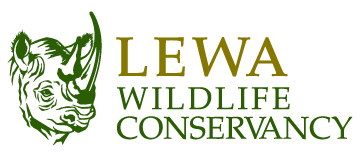Our anti-poaching work, in line with Lewa’s philosophy, is centred around people. Edward says:
“The people who live around us at Lewa are our greatest anti-poaching asset. The fact that we are able to achieve success in our work is due to the good partnership and collaboration we have with our neighbouring communities. By investing in them through education, healthcare, micro-enterprise, water and more, they see real, tangible value in conservation. And in return, they are the first line of defence against wildlife criminals.”
A well-trained and motivated team
The Lewa Security Team consists of various sections: field rangers, radio operators, gatekeepers, baby rhino keepers, anti-poaching rangers and the tracker dog unit. We work hard to keep these teams highly motivated and trained, whilst nurturing their passion for conservation and wildlife protection.
Field Rangers – Field rangers are Lewa’s ‘eyes and ears on the ground’. Each ranger is responsible for patrolling their assigned block every day, ensuring that they spot and report back on all animal sightings, particularly of rhinos. They also work hand in hand with communities to monitor wildlife straying into human settlements, and assist in mitigating human-wildlife conflict.
Radio Operators – This team manages Lewa’s communications hubs – the radio room and the Joint Operations Communications Centre. They receive relevant information from the field, not only from the Lewa-Borana Landscape but across the entire of northern Kenya, which they then disseminate to the relevant people.
Gatekeepers and Orphan Animal Keepers – Our rangers at the gates keep the Conservancy safe. Animal keepers raised orphaned wildlife, such as Elvis and Kitui, two critically endangered black rhinos.
Anti-Poaching Rangers and Tracker Dog Unit – These rangers work hard day and night to keep wildlife safe, particularly rhinos and elephants. The rangers employ various techniques to investigate and follow-up on potential poaching threats, whilst supporting security efforts across northern Kenya. The tracker dog unit remains one of the anti-poaching team’s greatest assets. Consisting of four dogs and their handlers, the dogs act as efficient trackers, using the unique human scent to pursue suspects for lengthy distances, which wouldn’t be possible without the support of man’s best friend. Our tracker dog unit has been called upon across the country to support other anti-poaching efforts, including areas hundreds of kilometres away.
Use of Technology and Gathering of Intelligence
“As poachers get more sophisticated in their use of technology, we must always be a step ahead.” – John Pameri.
The Domain Awareness System – Within the Joint Operations Centre lies the Domain Awareness System (DAS), a system which integrates information from various locations across our landscape and northern Kenya, to provide a clear and concrete picture of a security incident. This alerts our team in a timely fashion and informing tactical decision-making. We worked to create DAS in collaboration with Vulcan, the technology company started by Microsoft co-founder Paul G. Allen, and Save The Elephants, the Northern Rangelands Trust and 51 Degrees.



